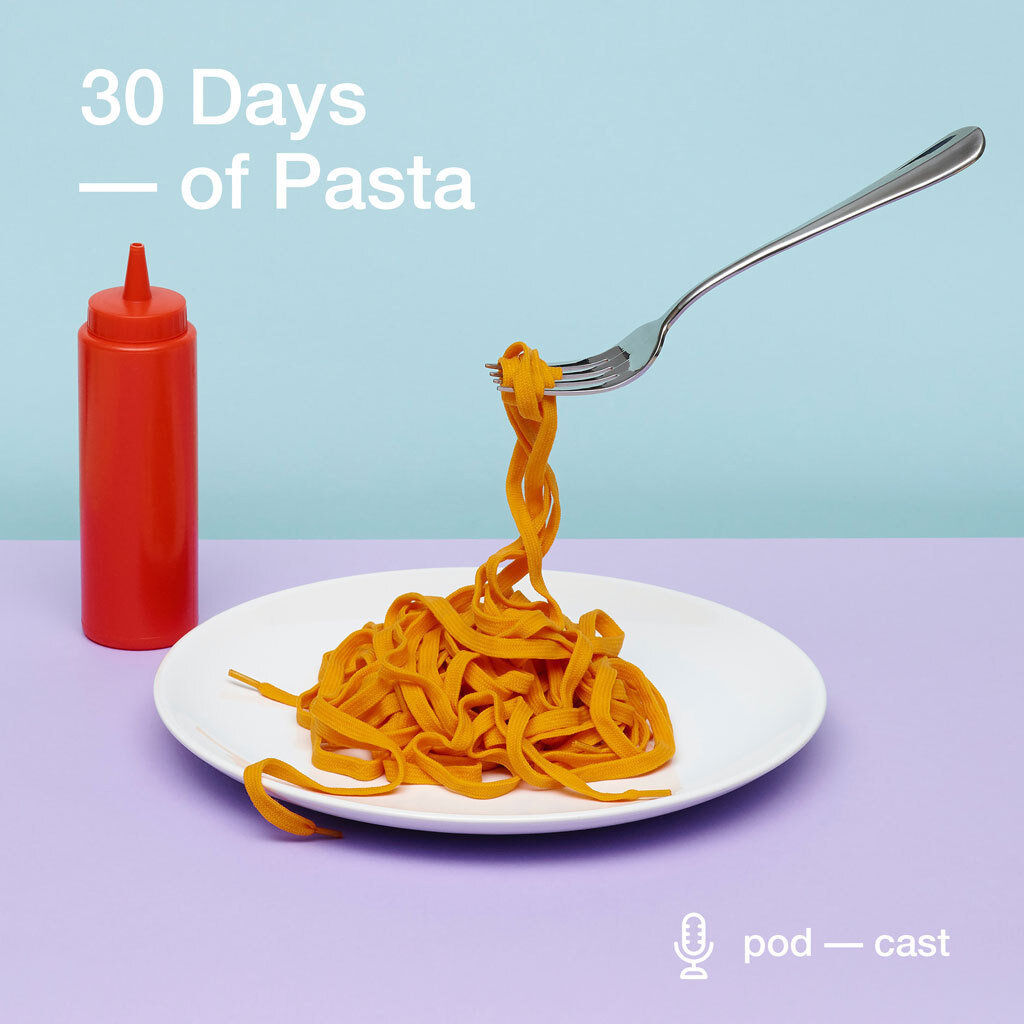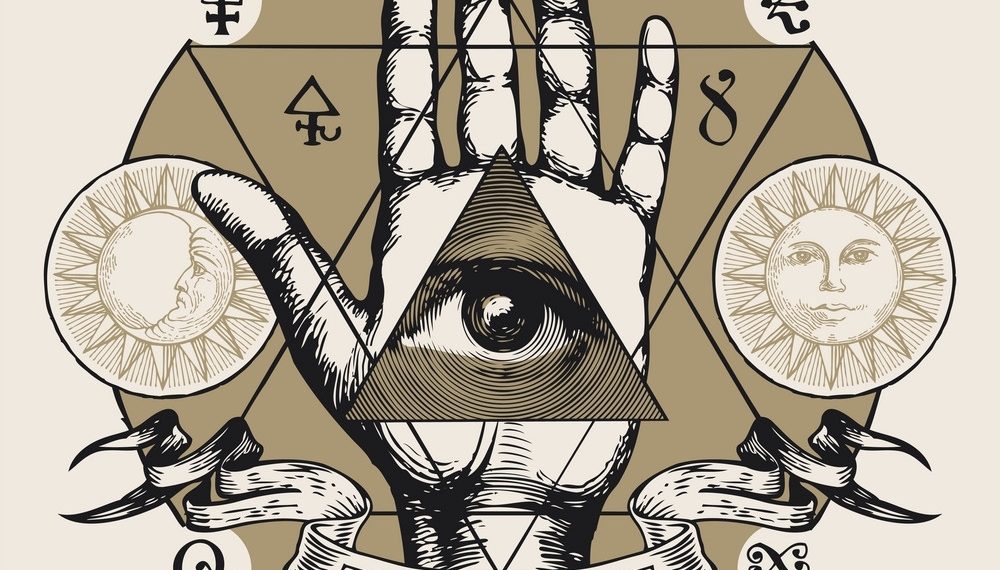The Lord is my shepherd—Psalm 23
The Lord is the music I hear; the Lord is the train I ride on; the Lord is the coast, and the coast is clear—Paul Simon, Seven Psalms

Early one morning in 1748, slave trader and ship captain John Newton awoke to find his ship whirling in the midst of a severe storm and about to sink. Desperate, he called on God, praying for mercy from the tempest. The storm passed, and Newton emerged a changed man, ultimately renouncing his occupation and becoming an Anglican cleric. “Amazing Grace”was one of the fruits of his miraculous escape from death.
On the night of November 18, 1861, Julia Ward Howe awakened from a deep slumber with all six verses of a hymn complete in her mind. As she described it, “with a sudden effort, I sprang out of bed, and found in the dimness an old stump of a pencil … I scrawled the verses almost without looking at the paper.” The product of Howe’s nocturnal inspiration was “The Battle Hymn of The Republic.”
On January 15, 2019, pop and folk artist Paul Simon had a dream that said, “You’re working on a piece called Seven Psalms. The dream was so strong that he wrote it down. At first, not understanding what it meant, the singer-songwriter got additional information waking him every few nights between 3:30 and 5 in the morning, “and words would come. I’d write them down, then start to put it together.”
The result of Simon’s revelations is liturgical music for our time, steeped in the tradition of inspiration followed by reverence—Seven Psalms.
Simon’s epiphany did not involve a dramatic brush with violent death as did Newton’s, nor a flash of wartime poetry springing full-armed in one night, as did Howe’s. But the pop luminary’s journey from challenger of faith to its celebrant is clearly charted. Half a century earlier, as the young, widely popular other half of Simon & Garfunkel, he contributed the counterpoint to Leonard Bernstein’s MASS, the maestro’s take on the Roman Catholic Tridentine Mass.
At that time, overtly trashing the value of faith, Simon’s words expressed his doubts and disillusion:
Half the people are stoned
And the other half are waiting for the next election.
Half the people are drowned
And the other half are swimming in the wrong direction.
Now at 81 years—and possibly with a sense of his looming mortality now coloring his philosophy—Paul Simon has come around both as an artist and individual to acknowledge Something or Someone beyond or above, worthy of more than a nodding acquaintance.
“This is a journey for me to complete,” Simon explains in the video introducing Seven Psalms. “This whole piece is really an argument I’m having with myself about belief or not.”
Utilizing acoustic instruments and the a cappella ensemble VOCES8 as the carrier wave to his message, Simon as lead vocal, with a featured appearance by his spouse, acclaimed singer-songwriter Edie Brickell, presents a 33-minute sometimes meditative, sometimes startling, but always personal musical odyssey in a suite of seven connected pieces:
1. “The Lord”
2. “Love is Like a Braid”
3. “My Professional Opinion”
4. “Your Forgiveness”
5. “Trail of Volcanoes”
6. “The Sacred Harp”
7. “Wait”
Does the piece signal a permanent shift in style and focus for Paul Simon? May we expect future works in the same vein as Seven Psalms, which itself defies classification as no less than a master’s contribution to sacred music? Perhaps the answer lies in another question: shall the artist have more waking dreams from which we all benefit?
____________________
From its beginnings, the Church of Scientology has recognized that freedom of religion is a fundamental human right. In a world where conflicts are often traceable to intolerance of others’ religious beliefs and practices, the Church has, for more than 50 years, made the preservation of religious liberty an overriding concern.
The Church publishes this blog to help create a better understanding of the freedom of religion and belief and provide news on religious freedom and issues affecting this freedom around the world.
The Founder of the Scientology religion is L. Ron Hubbard and Mr. David Miscavige is the religion’s ecclesiastical leader.
For more information visit the Scientology website or Scientology Network.
DOWNLOAD THE WHITEPAPER

